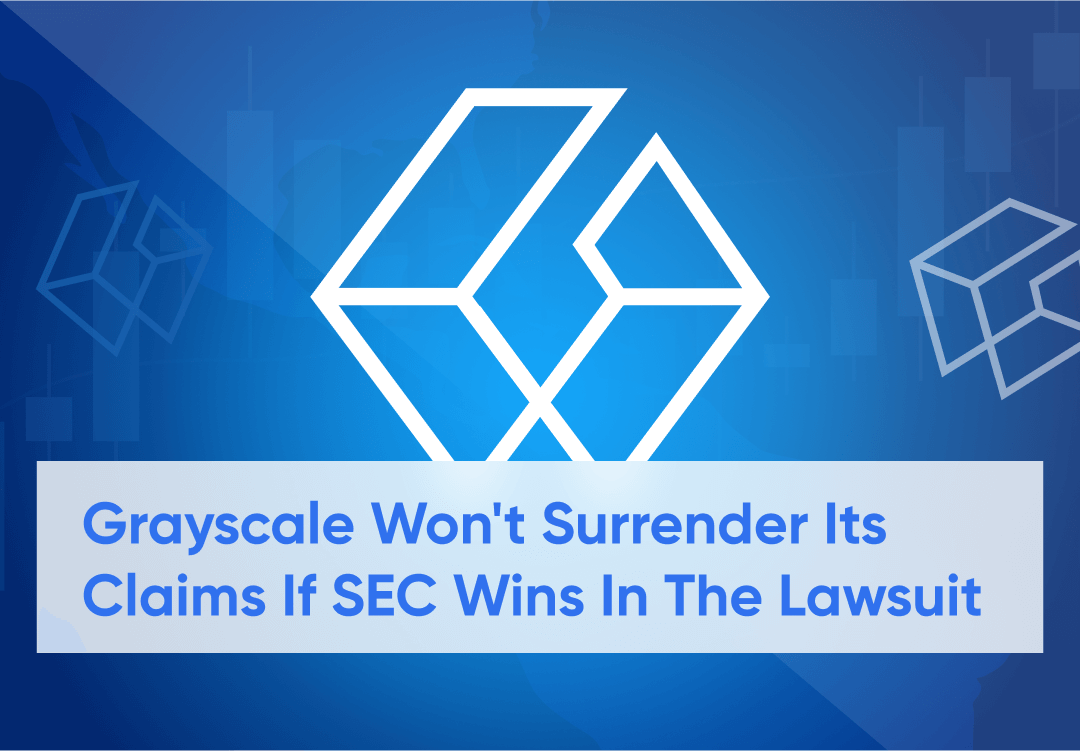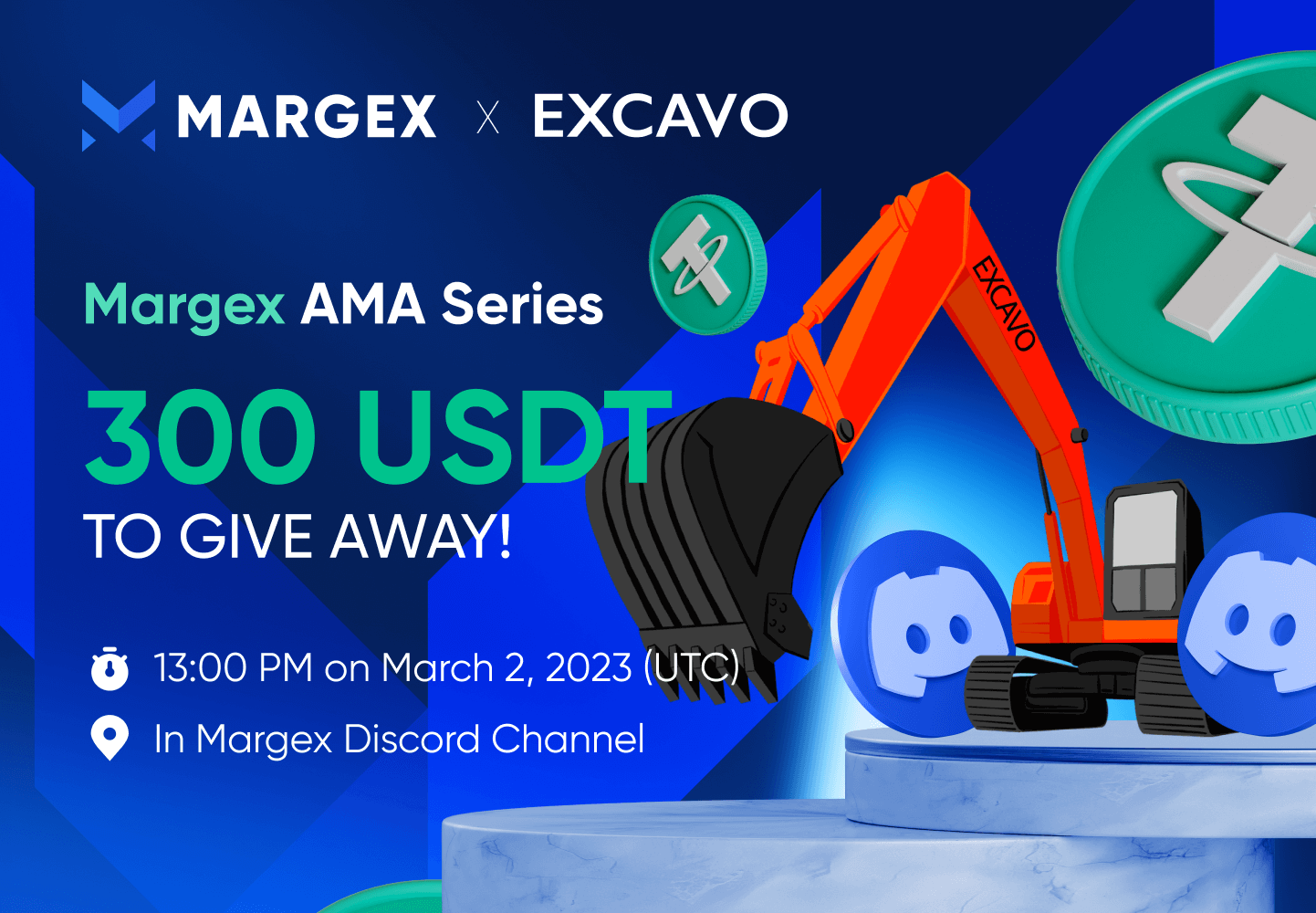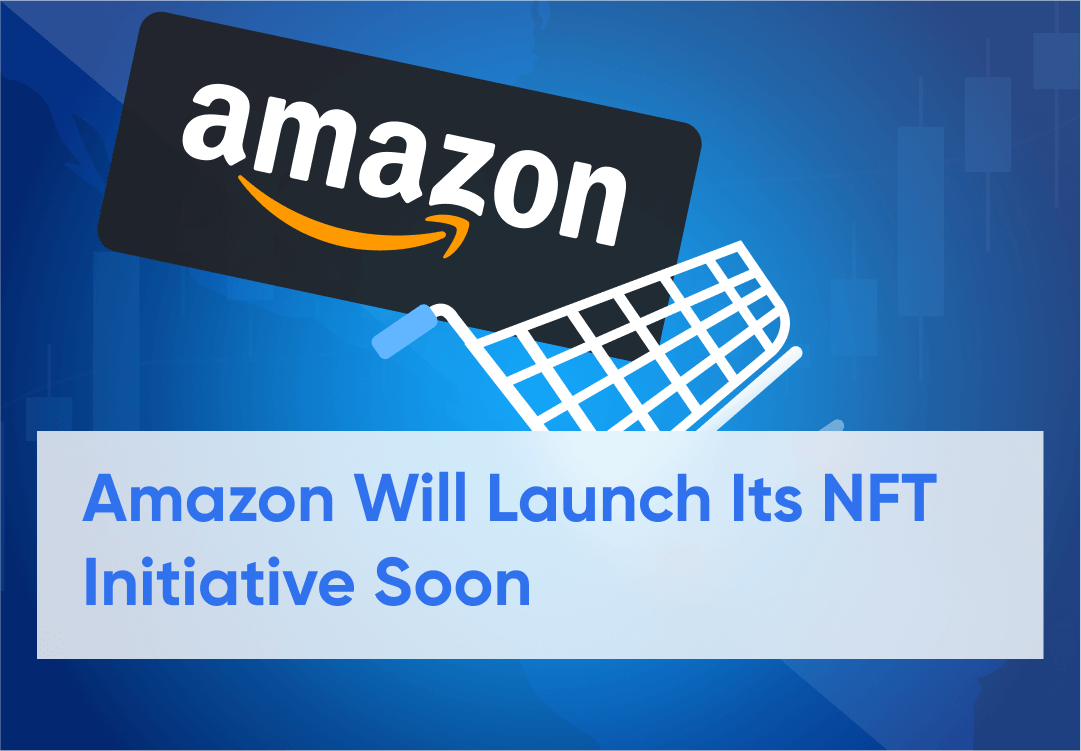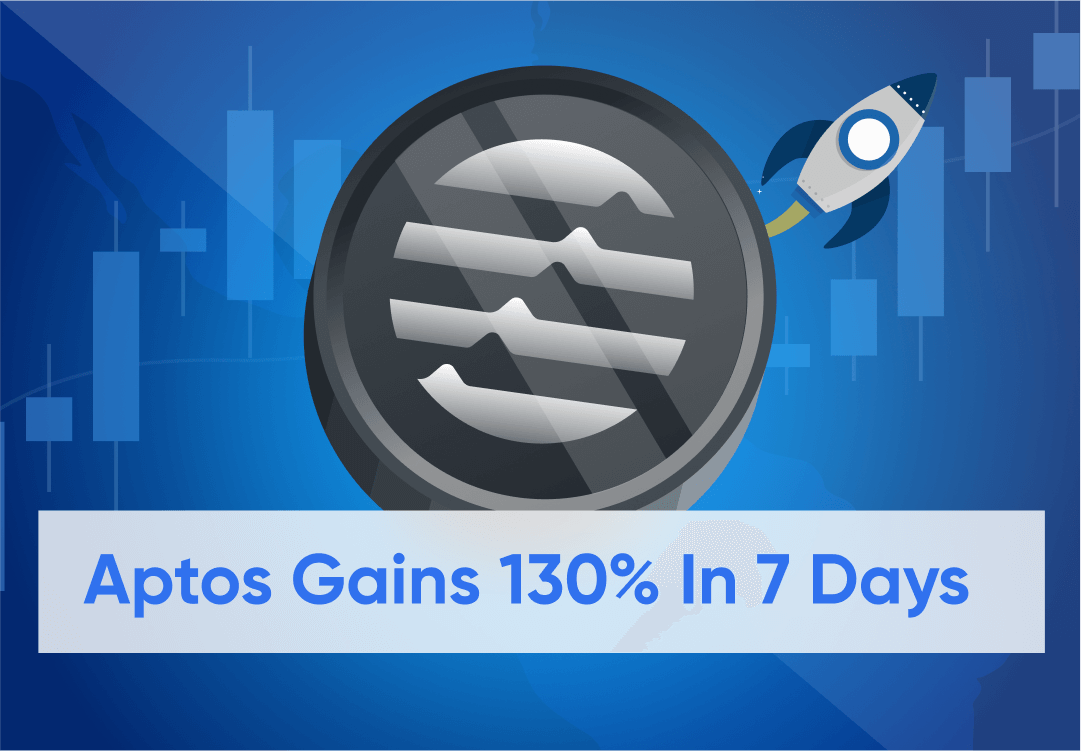It is now official that the court case between Garyscale and the Securities and Exchanges Commission could drag on for quite some time. The legal battle would encroach the second half of the year, but however it ends, Grayscale has decided not to give up.
The digital currency investment company sued the SEC in June 2022 for refusing to convert its Grayscale Bitcoin Trust (GBTC) to a spot ETF. The case has been on since then, and the court has scheduled the next hearing for March 7, 2023.
However, Grayscale told all who care to know that it won’t surrender its intention even if the court was to rule in the SEC's favor. The hearing schedule came earlier than expected because of Genesis's bankruptcy filing and the possible liquidity crunch of the Digital Currency Group (DCG), Garyscale’s parent company.
Nonetheless, Grayscale appears ready for whatever the case's outcome. Michael Sonnenshein, CEO of Grayscale, has already confirmed that his firm won’t yield if the SEC wins the case. The exec said Grayscale would appeal the ruling if the court were to support the SEC’s decision to reject its spot Bitcoin ETF.
More Updates On Grayscale And Genesis
The case between Grayscale and SEC is currently before the District of Columbia Court of Appeals. So, any appeal to a judgment would move it to the US Supreme Court or an en banc panel review.
An en banc panel review is a special procedure where all judges in a particular court hear a case. It often happens when the court believes a matter is complex or crucial and cannot be handled objectively by one judge.
Grayscale is bent on converting its GBTC to a spot Bitcoin ETF. The firm views it as the only way to reconcile the high discount to net asset value (NAV) at which the fund is trading and provide the most value for its investors.
Meanwhile, Genesis finally gave up its struggle to save its financial situation and filed for Chapter 11 Bankruptcy last week. Questions spread across the crypto space about Garyscale’s Bitcoin Trust (GBTC) status since both firms belong under the same umbrella, DCG.
The GBTC is the world’s largest Bitcoin Trust, with more than $14.5 billion in assets under management. That is over 600,000 BTC. If the fund gets hit by any financial instability, the GBTC would require liquidation, and it would cause a disaster in the cryptocurrency market. Therefore, people’s concern regarding its status is valid.
But, Sonnenshein has given Garyscale’s investors assurance that the GBTC is intact and that the liquidity crunches at DCG and Genesis have not impacted it. In his words, Garyscale is an independent entity with separate leadership, governance, budgets, procedures, and policies. And the assets under the Grayscale group of products belong to its shareholders.
Meanwhile, the GBTC still trades at a vast discount. It rebounded from its December 48.9% discount to net asset value but is still far from full recovery. According to YCharts, the GBTC discount is consolidating above 41%.
Possible Reason Grayscale And The SEC Haven't Surrendered
The Grayscale Bitcoin Trust (GBTC) is an investment trust traded on the stock market. Individuals, firms, and institutions unfamiliar with cryptocurrency but interested in investing in Bitcoin without direct exposure find GBTC interesting. As stated earlier, the GBTC is the world's largest Bitcoin fund and the first publicly traded trust with a digital currency as its underlying value.
The trust's prices fluctuate relative to the underlying net asset value (NAV), which correlates with the asset's demand. That means that when the underlying asset demand is high, the trust’s price also spikes, but when it is low, the trust declines. Investors who buy GBTC purchase it through a brokerage account that Grayscale manages. This means they rely on Grayscale to buy and hold Bitcoin for them as a third party.
Therefore, Grayscale stores the BTC in its institutional trust and trades its retail index on the open or over-the-counter market. The only difference between GBTC and Bitcoin ETF is that ETFs track the market data (value of an underlying asset) more closely than Bitcoin Trusts.
So, the market value for Bitcoin ETF shares is closer to the actual BTC value than Bitcoin Trusts. That could be why Grayscale is hell-bent on converting its GBTC to a spot EFT to give its investors more value.
Also, GBTC charges a 2% management fee and maybe a premium too. Hence, the GBTC share price is higher compared to Bitcoin ETF. Spot ETFs track the market more closely than Bitcoin futures ETFS. So, spot ETF investors may get more value from their investment than futures ETF investors.
Therefore, Grayscale might have its investors' interest at heart while proposing to convert the GBTC to a spot ETF. It could also be possible that the SEC is looking out for investors' protection from BTC fluctuations since ETFs have more exposure to Bitcoin’s market value than GBTC.
In September 2018, GBTC shares traded at $7.95, about 20% higher than Bitcoin’s value. GBTC has closed at prices significantly higher than the underlying Bitcoin. Probably, converting GBTC to spot ETF could be more beneficial to investors.
Note: All opinions in this article are solely the author’s views, not Margex’s, and not Investment advice. Seek professional advice when in doubt.





